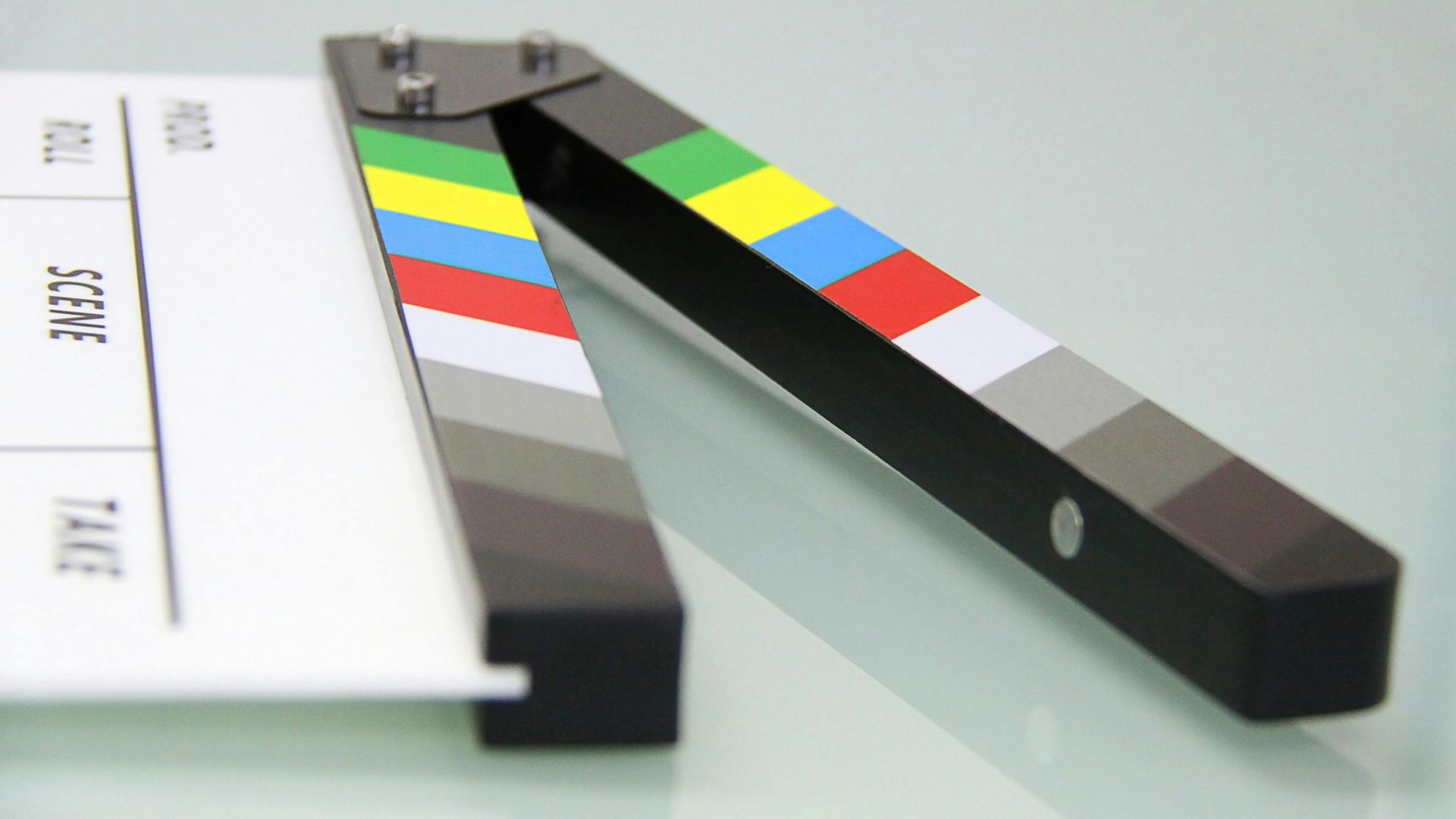What Productions and Payroll Providers Should Know About Union Audits

In the entertainment industry, payroll does not just mean cutting checks. Productions and payroll providers must also navigate a complex web of collective bargaining agreements (CBAs), benefit fund rules, and union regulations. One of the most critical and often misunderstood parts of this process is the union audit.
If you work in film, television, or streaming, union audits are not just a possibility; they are an eventual reality. Whether conducted by IATSE, SAG-AFTRA, the DGA, or the Motion Picture Industry Pension and Health Plans (MPIPHP), audits are designed to ensure that productions and payroll providers are complying with contractual obligations. Failing to prepare for them can lead to costly penalties, back payments, and reputational damage.
This article breaks down what union audits are, why they matter, and how both productions and payroll providers can prepare.
What Is a Union Audit?
A union audit is a formal review of payroll and benefit records to verify compliance with collective bargaining agreements and benefit plan rules. The goal is to ensure that employees received correct wages, fringes, and working condition payments, and that the required employer contributions to pension and health funds were made accurately.
Audits can be triggered for several reasons:
- Routine audits: Some benefit funds, such as MPIPHP, perform periodic audits as part of their oversight duties.
- Complaint-driven audits: If a union member believes they were underpaid or that contributions were mishandled, the union may launch an investigation.
- Targeted audits: High-risk productions or companies with prior violations may face additional scrutiny.
Who Performs the Audit?
Different entities can conduct audits depending on the circumstances:
- Union benefit funds (for example, MPIPHP, IATSE National Benefit Funds, SAG-AFTRA Health & Pension, and DGA Plans) typically review payroll records to confirm employer contributions.
- Unions themselves may audit to confirm wage rates, overtime, penalties, and working condition payments under their agreements.
- Independent auditors hired by funds or unions often perform the actual review, examining payroll registers, timecards, start paperwork, and remittance reports.
For productions, this means both production records and payroll provider records will be examined.
What Auditors Look For
Union auditors do not just scan numbers. They cross-check compliance in key areas. Some of the most common focus points include:
- Fringe contributions: Were contributions made to the correct benefit plans (MPIPHP, IANBF, SAG-AFTRA, DGA) at the correct rates?
- Subject wages: Were all eligible wages reported for benefits, or were certain payments such as allowances or penalties improperly excluded?
- Wage rates: Did employees receive at least the minimum rates under the union agreement?
- Penalties and premiums: Were overtime, meal penalties, rest period violations, and night premiums calculated correctly?
- Classification accuracy: Were workers categorized correctly, such as daily versus weekly hires or local versus distant hires?
Even small missteps, like misclassifying an employee or underreporting allowances, can create large liabilities once multiplied across multiple weeks of production.
Why Union Audits Matter
Union audits serve two primary purposes:
- Protecting workers: Audits ensure that union members receive the wages, benefits, and protections guaranteed under their contracts.
- Ensuring fund stability: Pension and health funds rely on accurate employer contributions. Missing or miscalculated payments can compromise the financial health of these plans.
For employers and payroll providers, the stakes are high. Noncompliance uncovered in an audit can result in:
- Back payments of wages or benefits
- Interest and penalties on unpaid contributions
- Union grievances or arbitrations
- Damage to reputation with unions and workers
In some cases, violations can even affect a production company’s ability to work with certain unions in the future.
How Productions Can Prepare
Productions often operate at a fast pace, which makes accurate recordkeeping challenging. But preparation for union audits does not have to be overwhelming if you adopt strong payroll and compliance practices from the start.
Here are some best practices:
- Centralize records: Keep start forms, timecards, contracts, and payroll registers organized and accessible.
- Cross-check rates: Verify that crew members are paid according to the latest rate sheets and CBA terms.
- Track working conditions: Document meal breaks, rest periods, travel time, and other working condition details clearly.
- Audit internally: Run compliance checks during production rather than waiting for a union auditor to catch mistakes.
- Communicate with payroll providers: Ensure that your payroll service understands the union agreement your production falls under, including any sideletters or special conditions.
How Payroll Providers Can Prepare
Payroll providers play a central role in union audit compliance. Because they handle paychecks, benefit remittances, and reporting, auditors will scrutinize their records closely.
Best practices include:
- Accurate setup: Make sure productions are set up under the correct union agreements in your system.
- Timely remittances: Send contributions to union benefit funds on time to avoid late fees and penalties.
- Detailed reporting: Provide clear, itemized reports showing wages, fringes, and contributions.
- Stay updated: Monitor union contract updates, MOAs, and benefit fund notices to ensure your systems reflect current rules.
- Partner with clients: Offer guidance to productions on how to submit accurate timecards and start paperwork.
When payroll providers demonstrate strong compliance, they not only reduce audit risk but also build trust with both productions and unions.
Common Pitfalls to Avoid
Despite best intentions, many productions and payroll providers run into avoidable mistakes. Some of the most frequent audit findings include:
- Misclassifying employees as non-union or excluding them from fringes
- Missing contributions on allowances, box rentals, or other contractually covered payments
- Applying outdated wage scales or overlooking contract updates
- Failing to capture penalties for late meals or short turnarounds
- Incomplete or inconsistent documentation of hours and working conditions
Avoiding these pitfalls requires diligence, training, and proactive collaboration between production teams and payroll companies.
Final Takeaway
Union audits are not just an administrative hurdle. They are an essential mechanism for ensuring fairness, compliance, and financial stability in the entertainment industry. For productions and payroll providers, understanding the audit process and preparing proactively can mean the difference between a smooth review and costly penalties.
By keeping accurate records, applying union rules consistently, and working closely with payroll services, productions can approach audits with confidence. Payroll providers, in turn, can position themselves as trusted compliance partners, safeguarding both their clients and the workers who bring film, television, and streaming projects to life.









